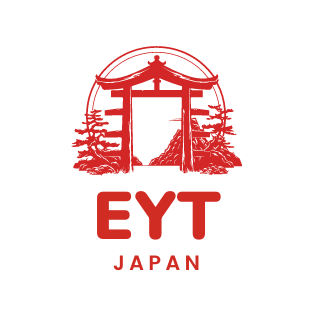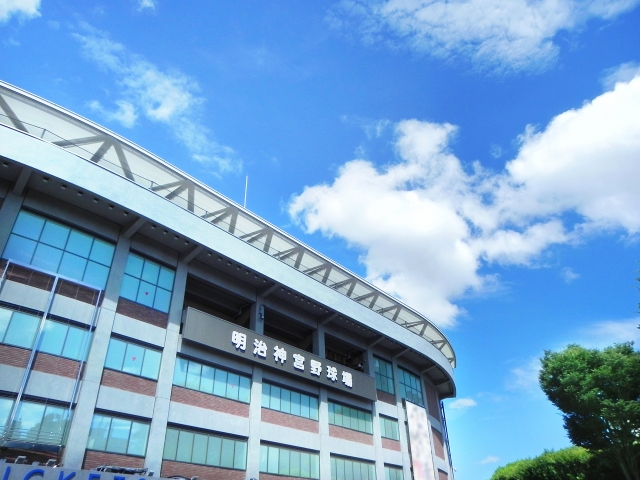Meiji Jingu Stadium: A Unique Blend of Sports and Culture in Tokyo
Introduction
Meiji Jingu Stadium, located in Shinjuku, Tokyo, is one of Japan’s most historic baseball stadiums. Opened in 1926, this stadium hosts not only professional baseball games but also high school and amateur baseball games, concerts, and various events. Known as the home of the Tokyo Yakult Swallows, it is beloved by many baseball fans. Situated in the heart of Tokyo, Meiji Jingu Stadium is the perfect place to experience Japanese sports culture through baseball games.
Access to Meiji Jingu Stadium
From Narita Airport
Getting to Meiji Jingu Stadium from Narita Airport is very convenient. First, take the Narita Express to Shinjuku Station (about 1 hour). From Shinjuku Station, transfer to the JR Yamanote Line to Harajuku Station (about 5 minutes). From Harajuku Station, it is about a 10-minute walk to the stadium. The total travel time from Narita Airport is approximately 1.5 hours.
From Haneda Airport
From Haneda Airport, take the Keikyu Line to Shinagawa Station (about 20 minutes). From Shinagawa Station, transfer to the JR Yamanote Line to Harajuku Station (about 20 minutes). From Harajuku Station, it is about a 10-minute walk to Meiji Jingu Stadium. The total travel time from Haneda Airport is about 50 minutes.
From Kansai International Airport
From Kansai International Airport, first take a domestic flight to either Tokyo or Haneda Airport. From there, follow the access methods described above from Narita Airport or Haneda Airport. The total travel time is approximately 3 to 4 hours.
Highlights of Meiji Jingu Stadium
Historical Background and Atmosphere
Meiji Jingu Stadium is known for its rich history and unique atmosphere. Built in the early Showa period, it has been the site of many famous matches. The classic exterior and the lush green surroundings of Meiji Jingu Shrine provide a special ambiance for visitors. Even those who are not baseball fans will be captivated by its history and beauty.
Professional Baseball Games
Meiji Jingu Stadium is the home stadium of the Tokyo Yakult Swallows, hosting numerous professional baseball games during the season. The enthusiastic fans and the electrifying atmosphere throughout the stadium are something worth experiencing. Especially during Swallows’ games, the team mascot, Tsubakuro, entertains the crowd, adding to the fun.
Events and Concerts
Besides baseball, Meiji Jingu Stadium also hosts many events and concerts. Famous artists’ live performances and seasonal events offer various ways to enjoy your visit depending on the timing. The summer fireworks festival and music festivals, in particular, attract large crowds and have become iconic summer events in Tokyo.
Surrounding Information
Meiji Jingu Shrine
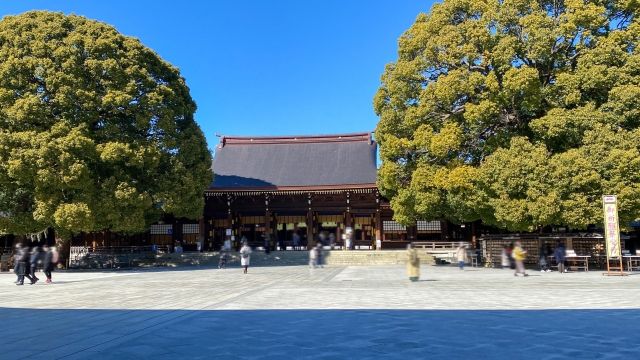
Within walking distance from the stadium is Meiji Jingu Shrine, a famous Tokyo tourist spot. Dedicated to Emperor Meiji and Empress Shoken, this shrine is surrounded by lush nature, offering a peaceful escape from the city’s hustle and bustle. Strolling through the expansive grounds provides a serene experience.
Omotesando and Harajuku Area
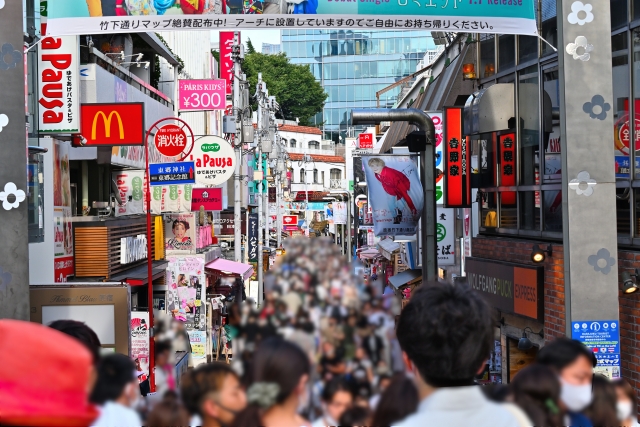
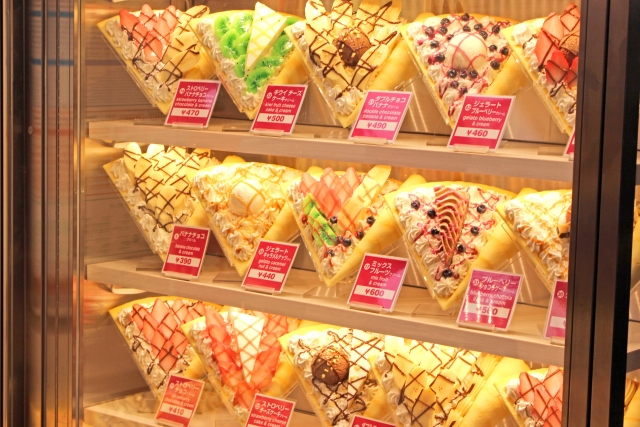
Just a short walk from the stadium, the Omotesando and Harajuku area is the center of fashion and shopping. Known as the hub of youth culture, this area is filled with shops, cafes, and restaurants. Enjoying shopping and gourmet food before or after a game is highly recommended.
Shinjuku
A bit further away, but worth a visit, is the Shinjuku area. As one of Tokyo’s major entertainment districts, Shinjuku offers a plethora of dining and entertainment options. There are also places like Shinjuku Gyoen, where visitors can enjoy nature within the city.
Conclusion
Meiji Jingu Stadium is a special place where history and culture intersect. With easy access from Narita, Haneda, and Kansai airports, and nearby attractions such as Meiji Jingu Shrine, Omotesando, Harajuku, and Shinjuku, there are plenty of reasons to visit. Not only can you watch baseball games, but you can also enjoy various events and concerts. Experience Tokyo’s sports culture and entertainment at Meiji Jingu Stadium!
